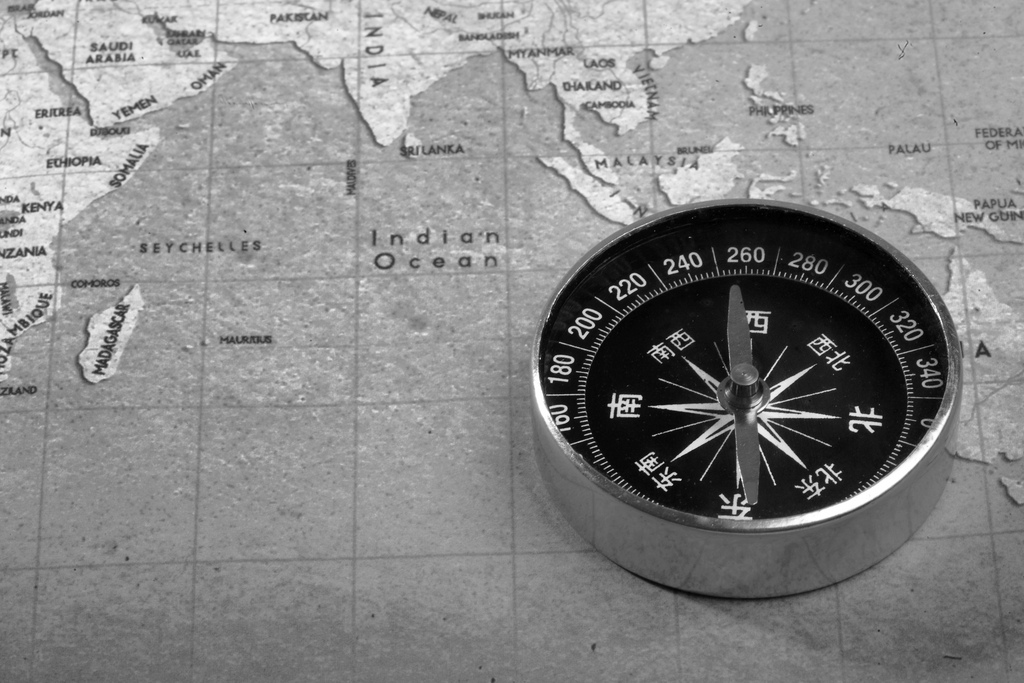The question of a man’s masculinity has always been a spot of much conflict. Today the man who is most masculine is the one who has the best abs and can lift the most weight. In the past, a man showed he was masculine by proving he was a true gentleman, and in colonial times, one way he did this was by participating in a duel. Both the articles In Search of the Phantom Misnamed Honour’: Duelling in Upper Canada by Cecilia Morgan and Pistols at Six O’clock by Stephen Bown discuss what the duel was in Upper Canada, what it meant for gentlemen, and the code of honour that was tied to the duel.
The duel in Upper Canada was an ordeal that dealt with cases against someone’s honour. Before the middle of the 18th century these duels were fought with swords between noble men, however, once it came to the colonies, men began to use pistols instead. What happened during a duel would be that, if a man’s honour had been impeached upon, he would challenge the man who did him a dishonour to a duel. If no truce could be made before the duel, both men would find someone who would act as their second. The job of a second was to do their best to stop the duel through negotiations and persuasion. 1 If the duel could not be stopped, however, the job of the second was to bear witness to the duel, and to prevent men from ambushing each other, and calling it a duel. 2 The two men taking part in the duel would then go to a secluded area at dawn to commence the duel. A distance would be established to fire from and on a mark, the two men would shoot at each other with pistols. If after the first shot no one was injured, and the men were not satisfied, they would fire another shot. Two shots was the normal amount of shots to satisfy a quarrel, however more can occur if that is what is agreed upon. As soon as a man is injured, the duel ends. If there was a death, the survivor could be charged with anything from murder, to manslaughter, to nothing, however, the survivor was usually acquitted if the rules of the duel were followed.
For men in Upper Canada, the duel was a way to defend honour. This could be the honour of the man, or honour of a woman or family member. Because a woman was not permitted to participate in a duel though, a man would have to defend her honour for her. Duels were also fought over issues to do with “politics, and love, and with social habits like drinking and gambling.“ 3 If a man refused a duel, he might be attacked physically in public, or have notices denouncing him as a gentlemen posted in public places.
The code of honour for men was a strict one. When it came to the duels, there were many rules that would keep both sides fair and gentleman-like. Firstly, the conduct of the duel must follow the code, such as firing when it is agreed upon, not attacking in secret, and not continuing the duel once the other man in wounded. The participants of the duel also knew that they might be tried legally for murder, and although most cases ended in acquittal, some did not. Some men were charged with murder. Not all duels ended in death or injury though, meaning this was not always an issue. In some cases, both men would aim away from each other, that way they both proved they were manly enough to show up, but they did not end up killing anyone. Also, in some cases both would miss unintentionally, but the two shots would satisfy the man who was insulted, and that would be the end of the issue.
Manly pride has always been an area of much conflict, and the colonial period in Upper Canada was no exception. The duels that were fought in that time were to satisfy a man’s pride, and stop any further insult from bruising that pride. They did this by having two men fire guns at each other at dawn. In Upper Canada this was very important, and although it was not legal, the duel had a code of honour, that any gentleman who participated followed.
1Morgan, Cecilia. 1995. “‘In Search of the Phantom Misnamed Honour’: Duelling in Upper Canada.” The Canadian Historical Review no. 4: 529. Project MUSE, EBSCOhost (accessed November 15, 2016).
2Bown, Stephen R. 1999. “Pistols at Six O’clock.” Beaver 79, no. 4: 22. Academic Search Complete, EBSCOhost (accessed November 15, 2016).
3Morgan, Cecilia. 1995. “‘In Search of the Phantom Misnamed Honour’: Duelling in Upper Canada.” The Canadian Historical Review no. 4: 529. Project MUSE, EBSCOhost (accessed November 15, 2016). (531)
